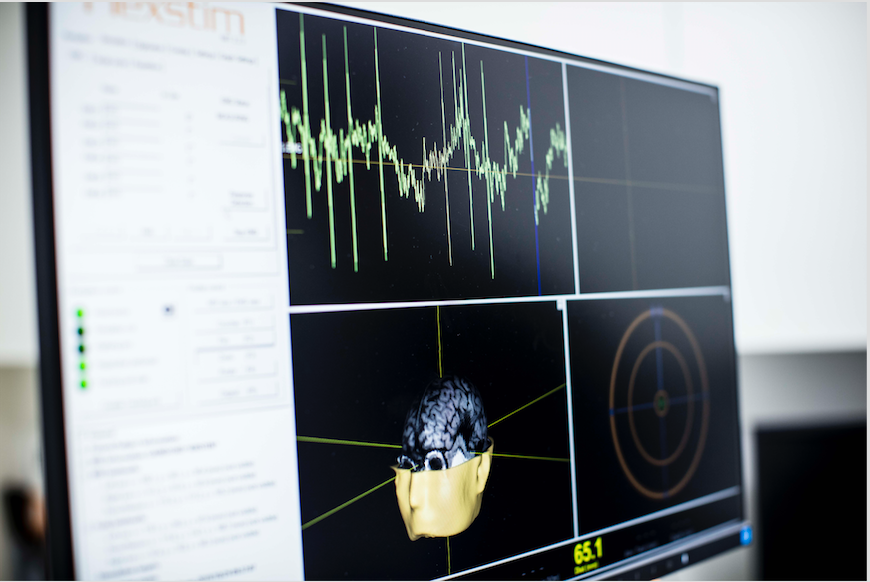The Idea
Electroencephalography (EEG) has been used for decades to examine how brain activity relates to cognitive functions. However, much of that research has focused on either the amplitude of brain waves or averaged responses to cognitive stimuli. Our recent research suggests that other measures, such as the stability of statistical patterns in the EEG data, might be better at detecting relationships between brain activity and behaviour. This project aims to use highly comparative machine learning methods to determine if we can extract reliable brain activity signatures of different cognitive processes, using measures other than traditional brain wave analyses. The results of this might provide a deeper understanding of how the brain works.

The Project Client and Supervisors
The John Eccles Institute (JEI) is a new Institute within the ANU College of Health and Medicine, created to harness transdisciplinary opportunities and engagement across the broadest conception of neuroscience—the study of the brain and mind—for research, education and public engagement across the widest possible resources within the ANU and beyond. The Monarch Research Institute is also a new institute affiliated with the ANU College of Health and Medicine, which focuses on researching novel treatments for psychiatric illnesses.
During the project, you will have a dream opportunity to be supervised by a transdisciplinary panel of excellent and committed leaders in research, education, service, and leadership. The project will be co-supervised by
- Professor Paul Fitzgerald (Director, ANU School of Medicine and Psychology, Director, Monarch Research Institute), renowned psychiatrist and a clinical and academic leader,
- Professor Hanna Suominen (Associate Director of JEI, Neuroinformatics), a computer scientist with 20 years’ of experience at forefront of bringing machine/deep learning algorithms, document analysis methods, and personalised medicine technologies to bear, and
- Dr Neil Bailey (Senior Research Fellow, ANU School of Medicine and Psychology, Head of Data Science, Monarch Research Institute), a neuroscientist with 12 years of expertise in clinical EEG research.
The First Phase—6-month Timeline
The first phase would involve identifying potential open access databases of EEG data from individuals performing different cognitive tasks for analysis (we have some of this data already, but there are likely more that could be usefully analysed). It would also involve identifying machine learning software packages that will provide an optimal ability to comprehensively assess EEG data for meaningful signals that might relate to the performance of these cognitive tasks.
Subsequent Development
After the first 6 months, the project would involve using the identified datasets and software packages to determine the most meaningful EEG measures that relate to different cognitive processes. Following the initial analyses, attempts will be made to refine the results to obtain more accurate predictions of relationships between brain activity and cognition, using for example, deep learning and reinforcement learning techniques. If the analyses are successful, the project offers the potential to improve our understanding of how the brain performs cognitive functions, with potential applications for psychiatric treatments, cognitive performance, and our understanding of consciousness itself.
Requirements
To undertake substantial work on this project, students must have a background in statistical and data analytic techniques, machine learning, and experience with processing EEG data.
